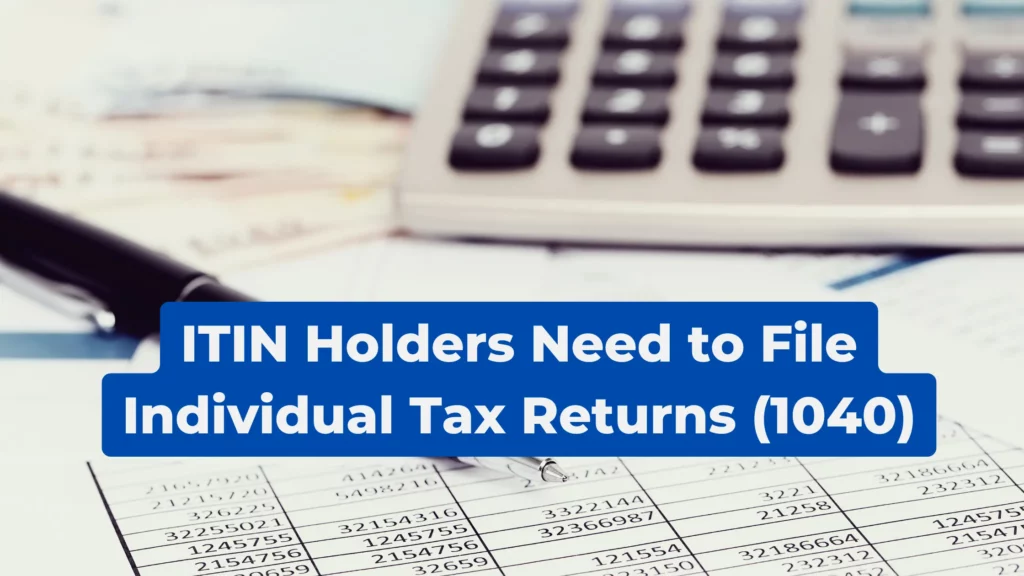Every state has slightly different requirements for forming a company. The state of Delaware is considered one of the best options to form a Corporation or LLC because of its many advantages. One of the benefits in Delaware is that you do not have to have minimum capital to start your company. This allows you to initiate your LLC or Corporation with zero initial investment required. Keeping this in mind, it’s important to be cautious about inadequate capitalization while determining your capital needs.
Understanding Stock and Par Value in Corporations
If you are planning to form a Corporation, you must allocate the amount of common stock. Common stock is a type of share issued to the majority of shareholders in a company and represents the standard ownership stake in a Corporation. Additionally, you can set a par value for each stock. The “par value” refers to the minimum value that the stock will have. Multiplying par value by the number of shares gives you the value of capital. Alternatively, issuing no-par value shares is also an option.
How LLCs Differ from Corporations in Capital Structure
The mechanism differs with LLCs. Unlike a corporation, LLCs do not have stock. Instead, members contribute capital to the LLC upon formation. Additional capital can be contributed if needed later on. These initial commitments are typically detailed in the Operating Agreement of the LLC.
For more detailed information and assistance with forming your Corporation or LLC in Delaware, we invite you to visit Clemta. Our platform provides comprehensive solutions to streamline the company formation process and ensure compliance with all relevant legal requirements.
The Importance of Operating Agreements in LLCs
Operating Agreements outline the rights and responsibilities of LLC members, making them crucial documents to have when forming an LLC. They serve to establish the internal governance of the company and help prevent future disputes among members.
Visit Clemta to explore how our services can assist you in preparing a robust Operating Agreement tailored to meet your needs.
Conclusion
Forming a Corporation or LLC in Delaware offers numerous advantages, including flexibility in capital requirements. However, understanding the distinctions in structure and investment needs between Corporations and LLCs is essential. At Clemta, we’re here to help you navigate the process and make informed decisions that align with your business goals.







